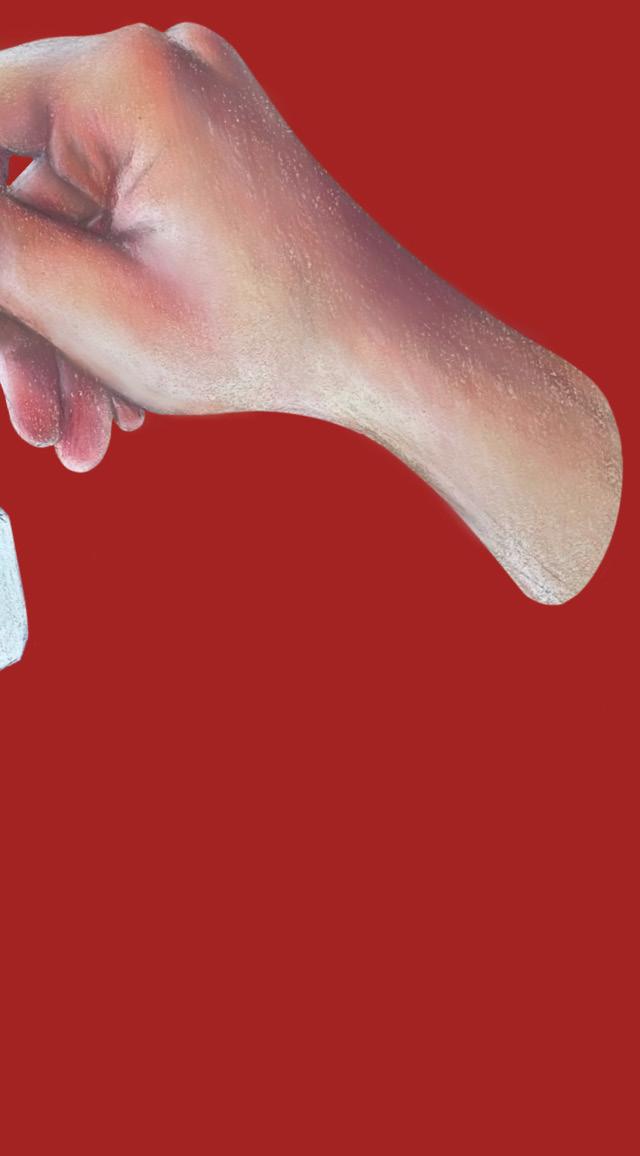
2 minute read
Gaslit
The problem with overuse & misuse
Written by Natasha Bernovich, Lifestyle Staff Writer Photographed by Jami Balicki, Staff Photographer | Modeled by Dani Edgar and Isabella Bortolloti | Makeup and styling by Ella Cunz, Programming and Special Events Coordinator
Advertisement
In the 2022, horror-comedy movie “Bodies Bodies Bodies,” the character David says, “gaslight is one of the most overused words ever…
It doesn’t mean anything, other than the fact that you read the Internet.”1
While he might not be completely correct, he does point out an issue with the social popularity of the term.
It doesn’t take much scrolling to find the term “gaslight” on social media.
The word has picked up lots of traction on the Internet over the last couple of years, and like most slang, as more people start to use it, it skyrockets in popularity and the true definition becomes unclear.
Many people have probably learned what gaslight means (or what it seems to mean) very recently, but the term actually has a long history. It comes from the 1938 play “Gaslight,” which then was adapted into the 1944 film of the same name. The story features newlyweds Paula (Ingrid Bergman) and Gregory (Charles Boyer). As things begin to move around the house on their own — gas lights dimming and brightening without being touched and strange noises coming from the attic — Paula begins to feel crazy. Her husband’s goal is to have her committed to a mental institution for his benefit, so he convinces her that she is clinically insane.2
Thus, gaslighting is a colloquialism that means to manipulate someone so much that they question their perception of reality. For example, an abuser might make a victim doubt themselves so they have no choice but to trust and rely on them. Gaslighting can be indicative of a dangerous relationship full of secrets, mistrust and emotional abuse.
Unfortunately, it has become a pop psychology term, and there is no longer a clear definition due to so much overuse. If one were to use context clues from how the word is used on social media and the Internet, they might think it means to invalidate someone’s feelings, question them or make them feel dumb or insecure.3 These are issues, of course, but they’re
2 “Gaslight,” IMDb, June 16, 1944, 3 “Is the Term Gaslighting Overused?” Mental Health at Home, July 20, 2021 not necessarily gaslighting. Brenna Holland, a writer for Well+Good explains that the saturation of the word has muddled its meaning, stating that “the distinction here, then, is that all gaslighters might be lying creeps, but not all lying creeps are gaslighters.”4

Already, victims of gaslighting rarely know they are being gaslit — that’s the crux of the issue. Now, that issue is only worsening. The more the term is thrown around, the less likely victims are able recognize it in their own relationship and seek change.5
Before you use the term gaslight again, consider how victims of true gaslighting might feel and how they may be harmed by the dilution of the meaning of the word. It is not something to joke about or use in a lighthearted way. If you wouldn’t joke about abuse or toxic relationships, you shouldn’t joke about gaslighting. ■
4 Ryan Fan, “Is Gaslighting Becoming an Overused Word?” Medium, Aug. 6, 2020 5 Brenna Holland, “Why the Misuse of Gaslighting is Problematic,” Well and Good, Sept. 2, 2021











